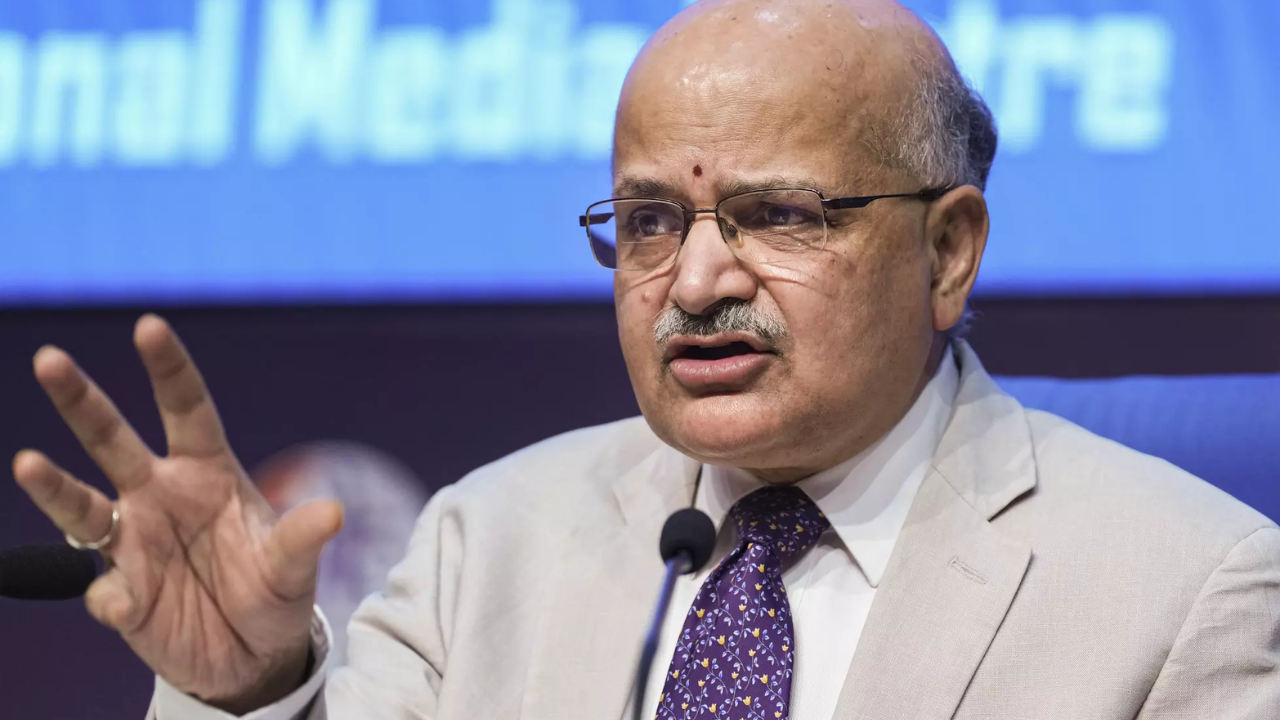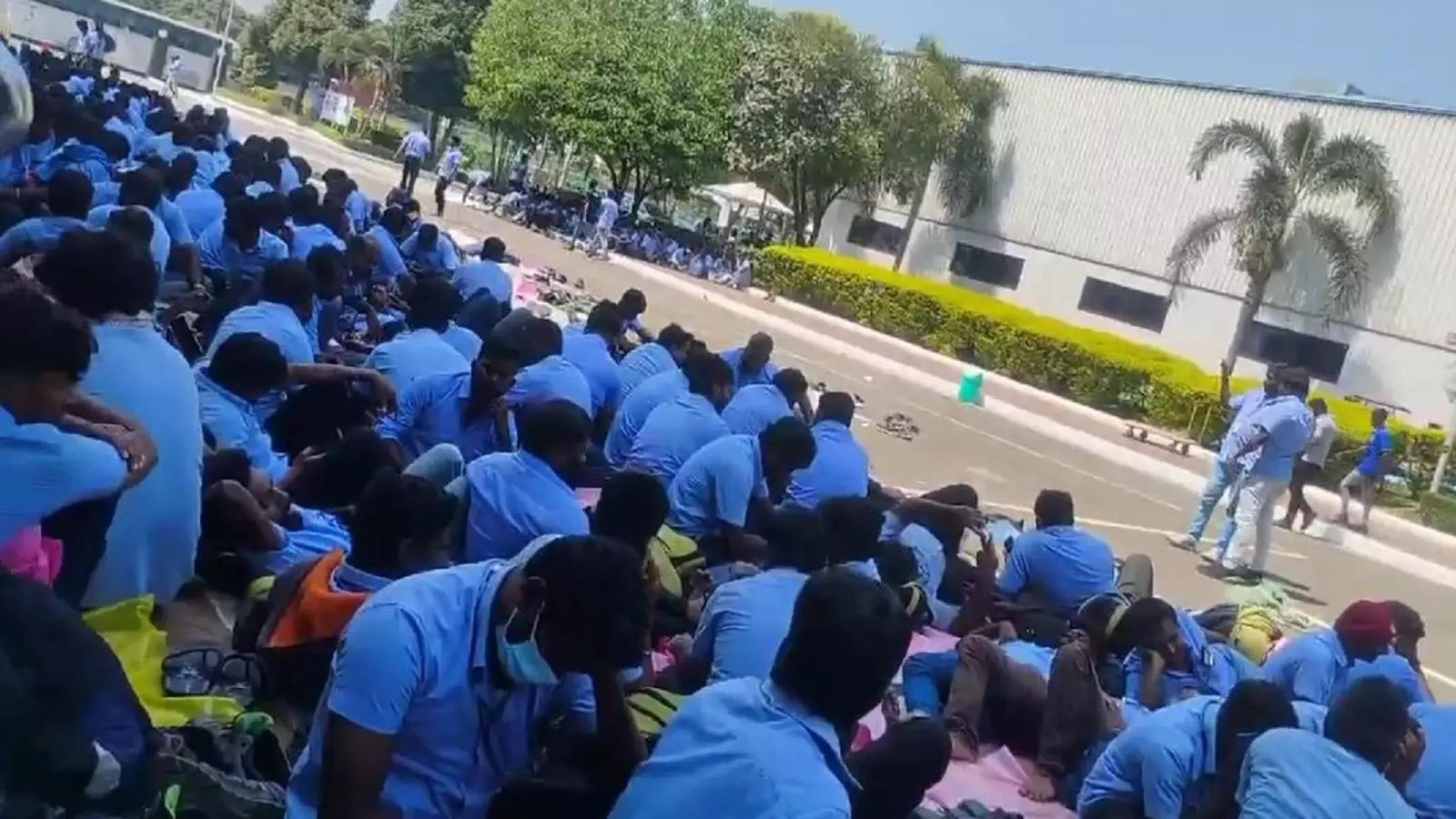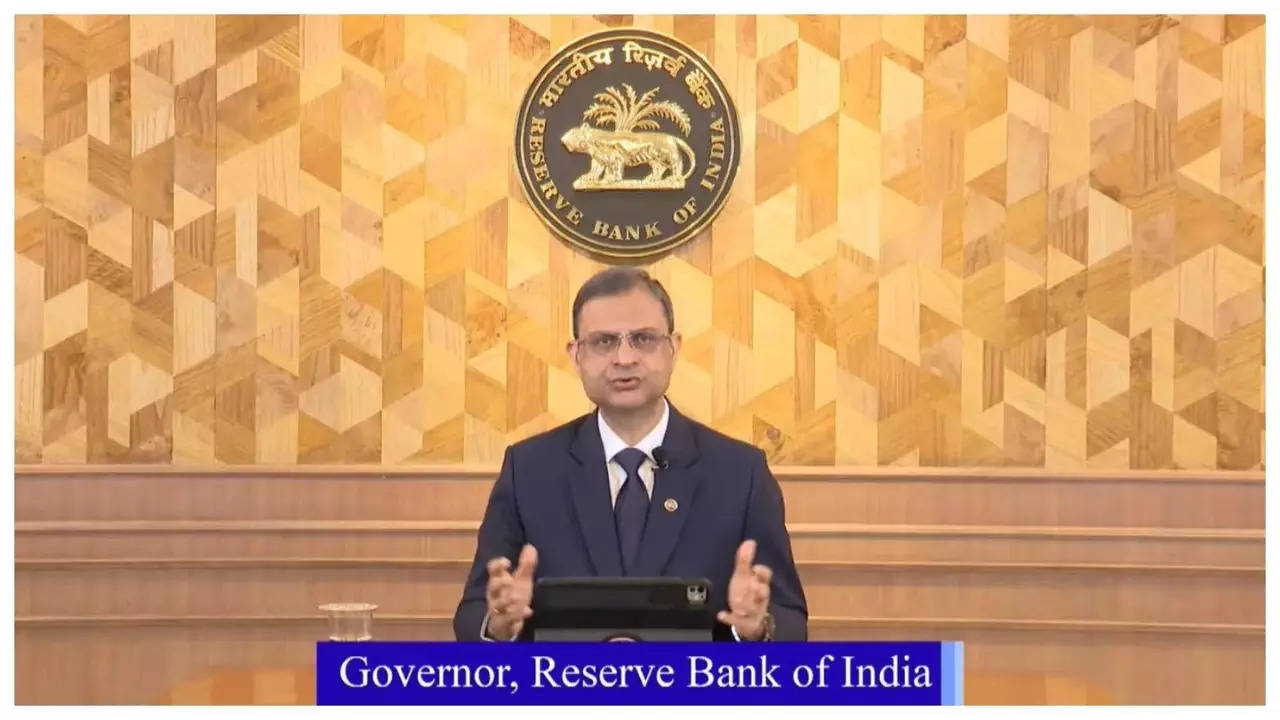Report Reveals Why Floodlights Went Off During Ind vs Aus Day-Night Test

Join our WhatsApp Community to receive travel deals, free stays, and special offers!
- Join Now -
Join our WhatsApp Community to receive travel deals, free stays, and special offers!
- Join Now -
After the opening day of the pink-ball Test between Australia and India at the iconic Adelaide Oval was twice disrupted due to a rare floodlight failure, the Cricket Australia issued a statement clarifying the reason of the failure as “switching issue”. The new LED lighting system, installed in late 2023 at a cost of over $5 million, went out not once but twice, leaving players, commentators, and the crowd of 50,186 in stunned disbelief. In the wake of the controversy, Cricket Australia issued a statement acknowledging the issue: “We had a brief internal switching issue that was quickly identified and rectified.”
The light failure, initially seen as a technical glitch, was later revealed to be the result of human error. According to reports from The Age, the incident stemmed from the Australian team's request for net lights to be turned on for an evening training session. As Australia's top order faced a disciplined Indian bowling attack, ground staff mistakenly switched off the stadium's four main light towers instead of activating the net lights.
The first stoppage occurred during the 18th over of Australia's innings, causing a 25-second delay. However, within moments of play resuming, the error was repeated, this time leading to an extended break of 86 seconds. The double mishap left players visibly frustrated and commentators questioning the efficiency of the newly installed lighting system.
Indian captain Rohit Sharma, bowler Harshit Rana, and Australian batters Nathan McSweeney and Marnus Labuschagne were among those left waiting on the field during the unexpected blackout. The second incident, occurring shortly after the first, exacerbated the situation, leaving players and spectators in limbo for more than a minute.
The confusion in the ground control room, located atop the Western Stand, was highlighted by sources who disclosed that when the computerised light settings were adjusted to turn on the net lights for a throwdown session, the stadium lights inadvertently went out instead. “They went out to turn on the net lights so the night watchman could have a couple of throwdowns, and somehow either turned them to the wrong thing or something tripped,” said an insider.
The light failure became an immediate topic of discussion in the commentary box, with former Australian cricketer Mark Waugh and Indian commentator Harsha Bhogle exchanging humorous quips.
“Oh hello. They've run out of electricity in Adelaide. Pretty hot today. Plenty of air conditioners on,” Waugh remarked on Fox Cricket. Bhogle added, “Someone's fallen asleep, so we have to wait. It's a first for me, a Test match being stopped because the lights are gone. Is anyone there?”
Waugh quickly responded, “I don't think I've seen this in Australia.”
Australian pacer Mitchell Starc, who had earlier delivered a scintillating performance by taking six wickets, also addressed the unusual situation. “It was quite unusual for it to go out twice in a short space of time,” Starc said after the end of day's play.
Meanwhile, South Australian Labor MP Tom Koutsantonis took to social media to clarify that the incident was not related to a power supply problem from the state grid. “Whatever caused the light towers at Adelaide Oval to turn off was not related to a lack of power supply from the grid,” he tweeted, adding to the narrative surrounding the incident.
Adelaide Oval has a storied history with its lighting systems. The venue initially introduced retractable lights in the 1990s before upgrading to permanent floodlights in 2000. These were further enhanced in 2014, and the latest LED lighting system was installed in December 2023 to provide a more energy-efficient solution.
What's Your Reaction?
 Like
0
Like
0
 Dislike
0
Dislike
0
 Love
0
Love
0
 Funny
0
Funny
0
 Angry
0
Angry
0
 Sad
0
Sad
0
 Wow
0
Wow
0



















































